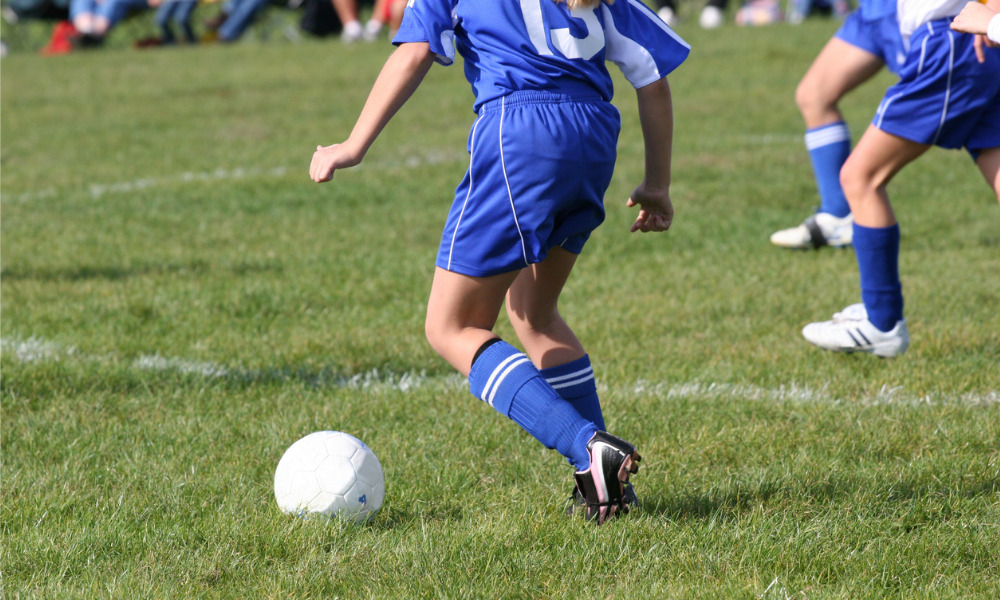
Responsibility may be shared if injury from consecutive events is indivisible

The Nova Scotia Supreme Court has refused to strike a third-party claim against a soccer coach and her club for pressuring and allowing their student to compete in a national tournament despite the student exhibiting concussion symptoms.
In Rutt v. Meade, 2022 NSSC 100, Emily Rutt suffered injuries when a car she was in collided with Adrian Meade’s car. Her litigation guardian filed a claim against Meade, claiming damages for injuries, including concussion symptoms.
Three weeks after the accident, Rutt played in a national soccer tournament with Dara Ramirez as her coach.
Meade filed a third party claim against Ramirez and her soccer club, claiming a right to claim contribution from them under the Tortfeasors Act, RSNS 1989, c 471. He alleged that they became concurrent tortfeasors when they failed to obtain medical clearance and pressured or allowed Rutt to play despite having knowledge of her condition, which impeded her recovery and aggravated her concussion symptoms.
Ramirez filed a motion to strike the third-party claim, claiming that the accident and the tournament were two distinct events and that Meade couldn’t be held responsible for any injury resulting from Rutt’s participation in the tournament.
The court dismissed the motion.
Subsection 3(c) of the Tortfeasors Act states that “where damage is suffered by any person as a result of a tort, … any tortfeasor liable in respect of that damage may recover contribution from any other tortfeasor who is, or would if sued have been, liable in respect of the same damage, whether as a joint tortfeasor or otherwise.”
Further, in case of consecutive tortious acts, a defendant may claim contribution from the “consecutive” tortfeasor if the injury is indivisible, said the court.
The court ruled that it was possible for Meade and Ramirez to be concurrent tortfeasors causing the same damage, despite the two events having occurred at different times. However, in this case, whether the symptoms caused by the accident and by Rutt’s participation in the tournament was indivisible was a question of fact, which was to be determined by the trial judge, said the court.
Thus, the court ruled that the claim should not be struck this stage of the proceedings.